
YOUR BODY’S SCREAMING FOR HELP — DON’T IGNORE THESE HIDDEN DEFICIENCY SIGNS
Our bodies are remarkably intelligent systems that constantly send us signals about what they need. Unfortunately, in today’s fast-paced world, many of these signals are ignored or misunderstood. When we experience fatigue, muscle cramps, brittle nails, or dry skin, we often brush them off as normal consequences of stress or aging. However, these subtle symptoms could be your body’s way of screaming for help — clear signs that you may be suffering from nutritional deficiencies. Recognizing and addressing these hidden warning signs early can prevent long-term health problems and restore your body’s natural balance.
One of the most common deficiency-related symptoms is persistent fatigue. While lack of sleep and stress can contribute to tiredness, ongoing exhaustion may indicate low levels of iron, vitamin B12, or magnesium. Iron helps produce hemoglobin, which carries oxygen in your blood. Without enough of it, your cells don’t get the oxygen they need, leading to constant weakness and dizziness. Similarly, vitamin B12 deficiency can cause anemia, nerve damage, and memory issues. Magnesium, known as the “relaxation mineral,” supports hundreds of bodily functions, including energy production — and when it’s low, fatigue and muscle cramps often appear.
Another red flag is dry or cracked skin, especially on the heels or lips. This can signal a deficiency in vitamin A, vitamin E, or essential fatty acids. These nutrients are vital for maintaining healthy skin barriers and preventing inflammation. Vitamin C deficiency may also lead to rough, scaly skin and slow wound healing, as this vitamin is crucial for collagen production. If your nails are brittle or your hair is thinning, it might point to low levels of biotin (vitamin B7), zinc, or iron — all necessary for healthy cell growth.
Muscle cramps and joint pain are other common warning signs that shouldn’t be ignored. These can be linked to deficiencies in magnesium, potassium, or calcium, all of which play important roles in muscle contraction and nerve signaling. People who sweat a lot or take diuretics may lose these minerals more quickly, making them prone to painful cramps. Additionally, a lack of vitamin D can cause bone pain and weakness, as it is essential for calcium absorption and bone density.
Mood changes and mental fog can also reflect what’s missing from your diet. Low levels of vitamin D, omega-3 fatty acids, and B vitamins are associated with depression, anxiety, and poor concentration. The brain relies on these nutrients to produce neurotransmitters such as serotonin and dopamine — chemicals that regulate mood and motivation. When deficiencies go unaddressed, emotional imbalances and cognitive decline can follow.
So how can we restore balance naturally? The first step is to adopt a diverse, nutrient-rich diet. Eat plenty of colorful fruits and vegetables for antioxidants and vitamins. Include lean proteins, whole grains, nuts, seeds, and healthy fats like avocado or olive oil. Foods such as spinach, eggs, salmon, lentils, and almonds provide essential nutrients that many people lack. Whenever possible, choose fresh over processed foods, as the latter are often stripped of vitamins and minerals.
In addition, stay hydrated — water helps transport nutrients throughout the body and flushes out toxins. Regular sun exposure supports vitamin D synthesis, but when sunlight is limited, consider foods like fortified milk or supplements under medical supervision. Also, listen to your body’s signals. If you notice recurring symptoms such as weakness, numbness, or skin changes, it’s best to get a blood test to identify any deficiencies early.
Finally, remember that prevention is far easier than treatment. Your body constantly communicates through small but significant signs. Ignoring these signals can lead to chronic fatigue, weak immunity, or even serious diseases. By nourishing yourself with the right foods, managing stress, and maintaining healthy habits, you can help your body thrive instead of struggle. When your body whispers, listen — before it has to scream for help.
News in the same category


4 types of vegetables are full of parasites but many people still eat them raw every day

Hidden Dangers in Your Mouth: Early Signs of Oral Cancer
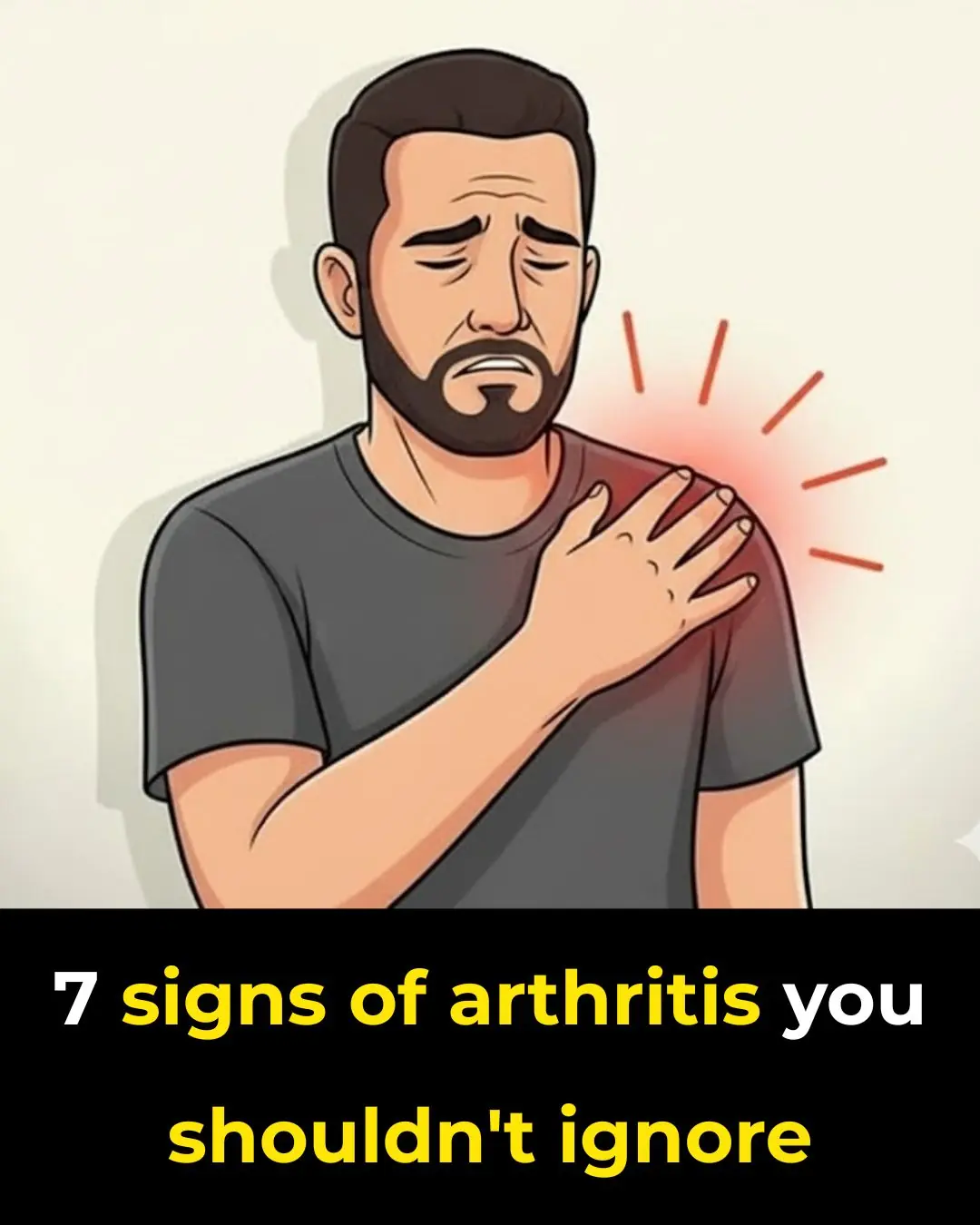
7 Signs of Arthritis You Shouldn't Ignore
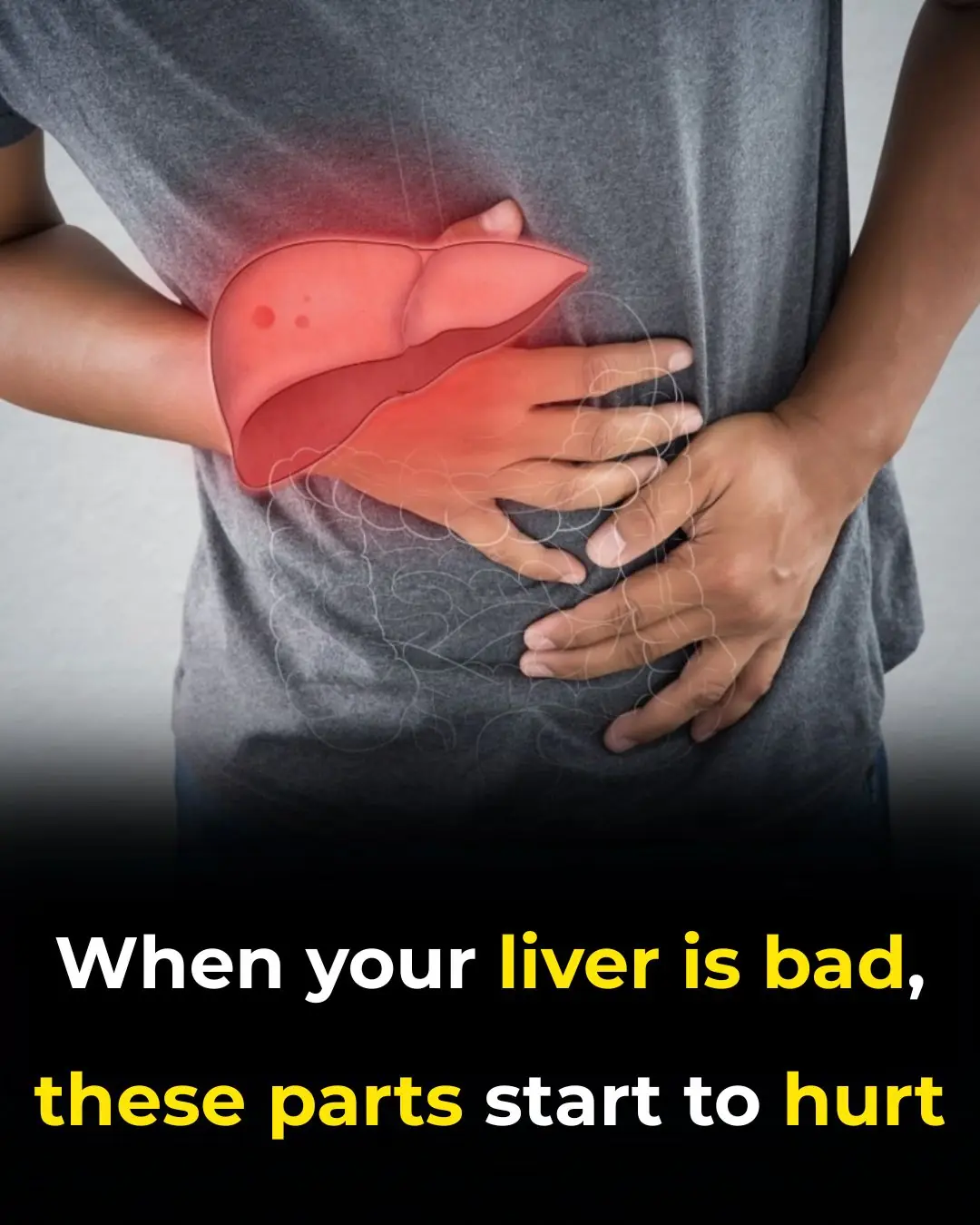
When your liver is bad, these parts start to hurt
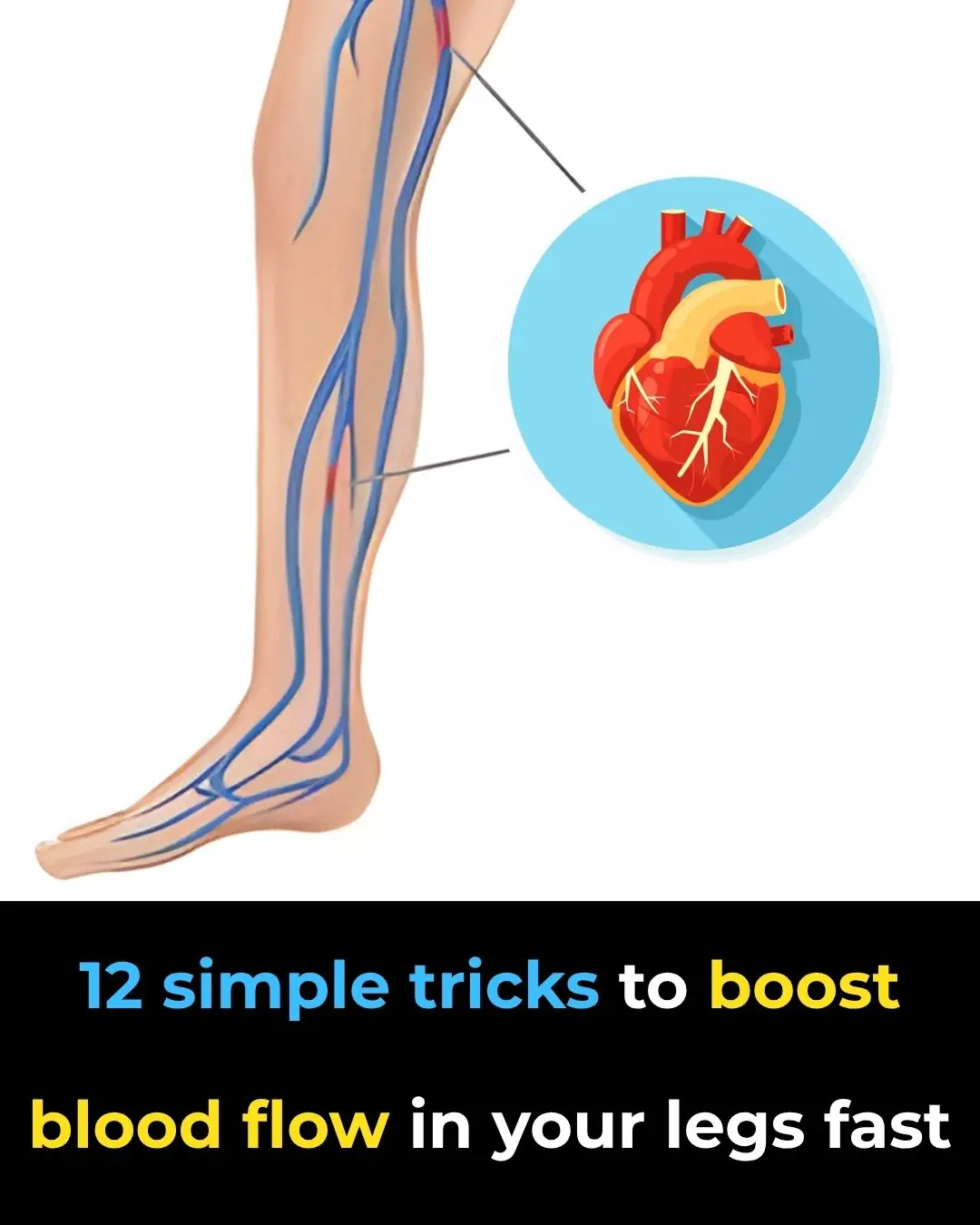
Top 12 ways to quickly improve blood circulation in legs
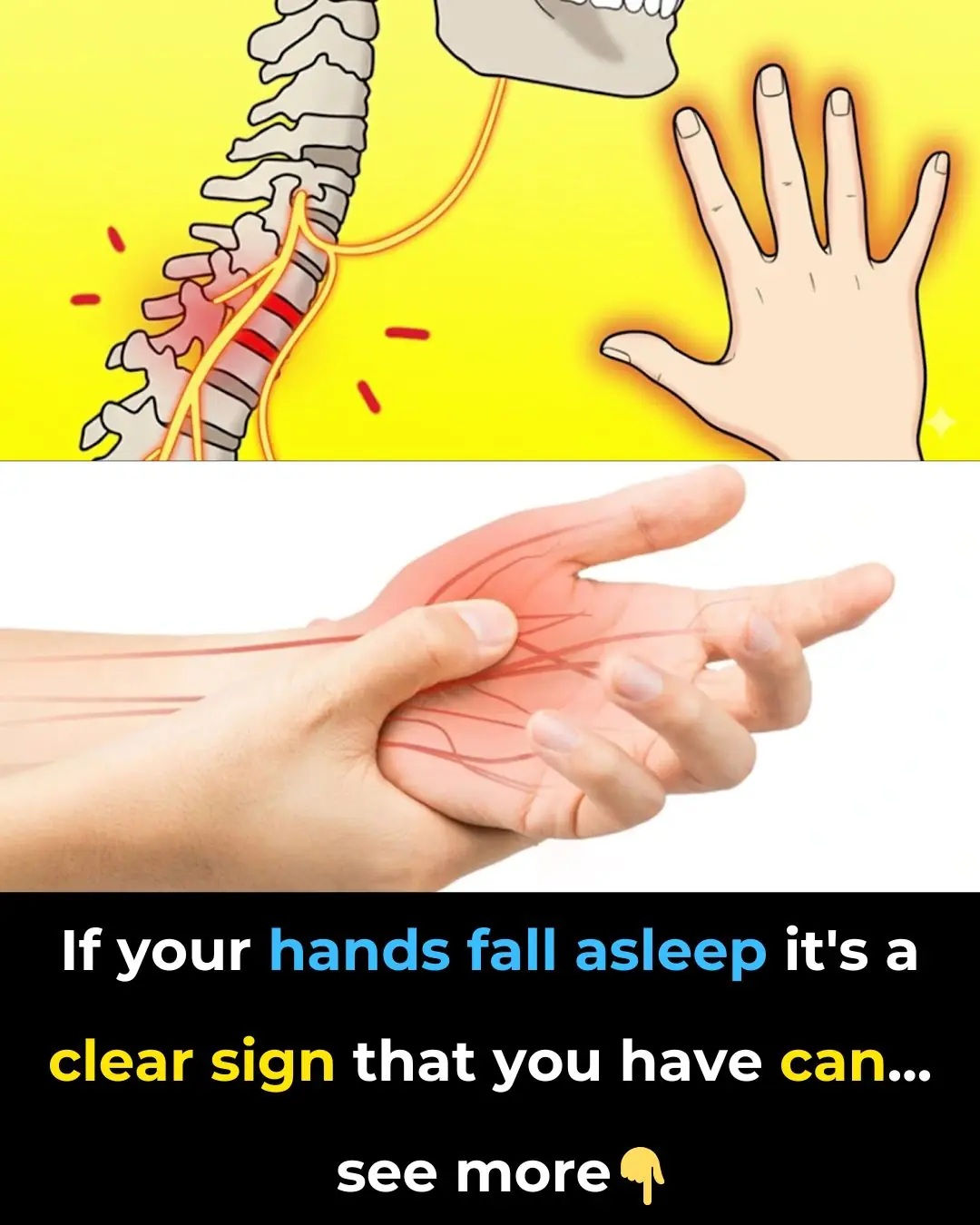
Tingling Sensation In Your Body: Why Does It Happen

5 Breast Cancer Signs You’ve Never Heard Of — But Shouldn’t Ignore
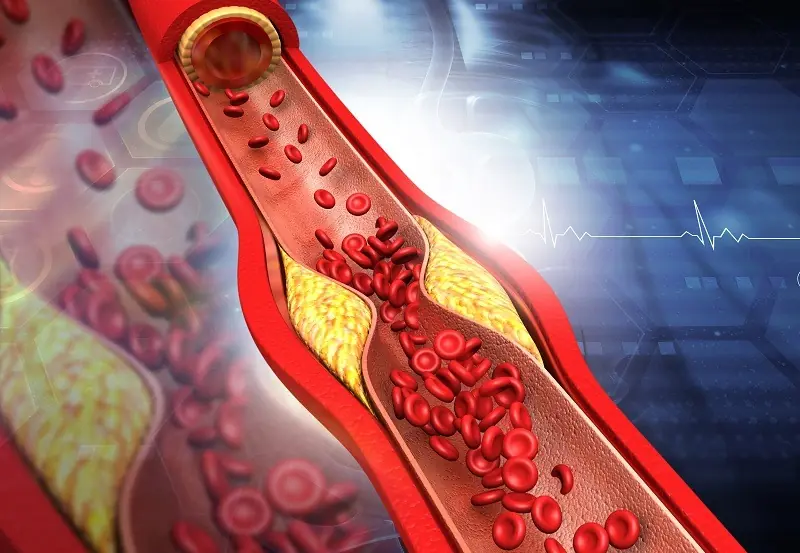
SUBTLE WARNING SIGNS OF CLOGGED ARTERIES AND HOW TO UNCLOG THEM NATURALLY

Scientists have just uncovered a game-changing reason to eat an egg every day

What Happens If You Eat 4 Whole Eggs a Day for 30 Days?

The Most Powerful Anti-Cancer Food You’ve Probably Never Tried

How to Use Frozen Lemon to Help Combat Malignant Tumors in the Body
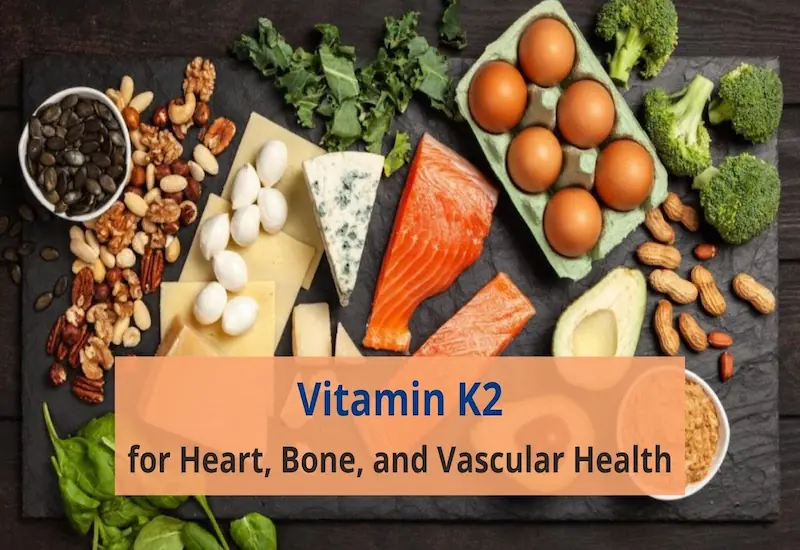
Vitamin K2: The Underrated Nutrient That Protects Your Heart and Arteries
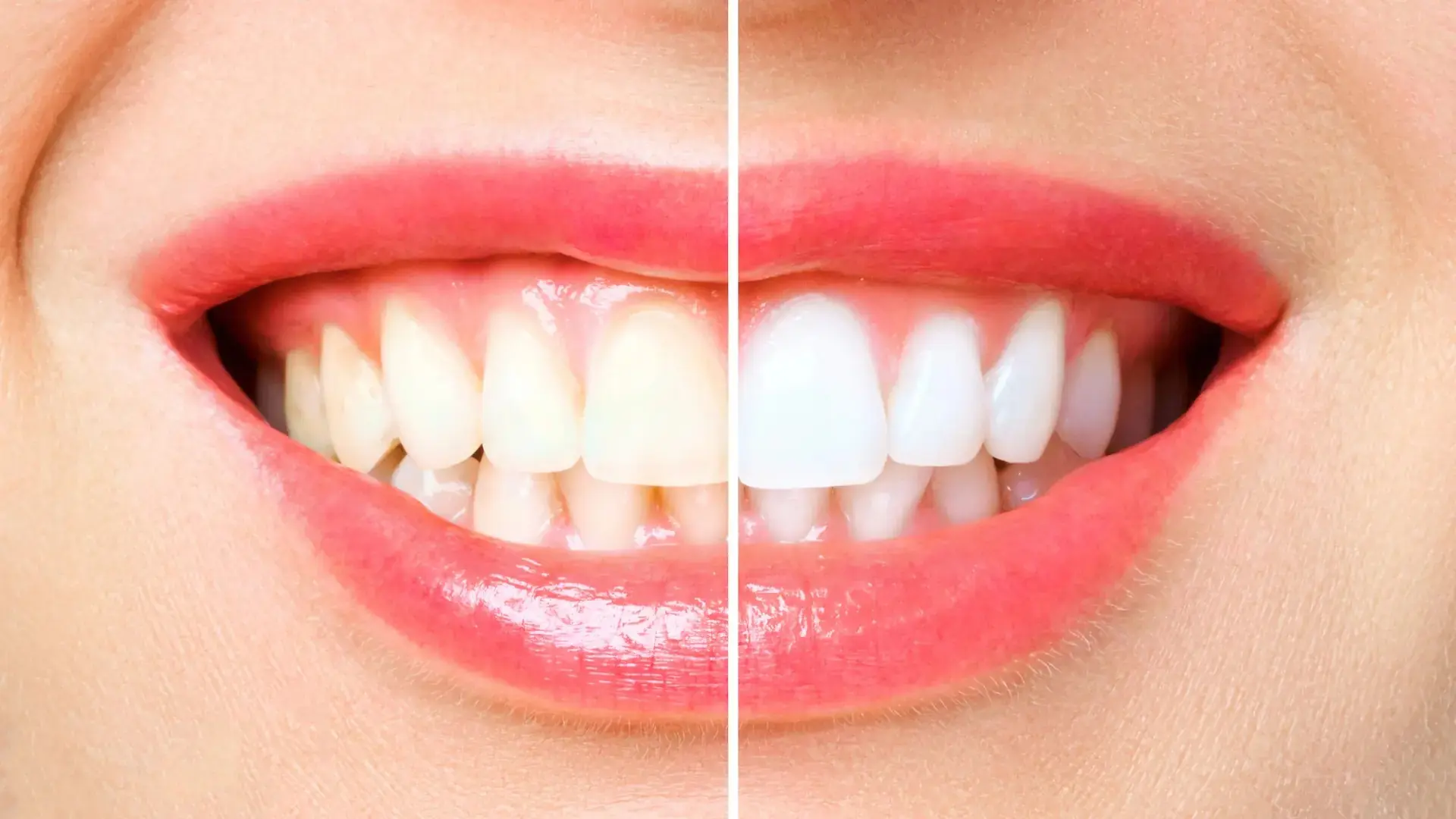
DENTISTS HATE HOW SIMPLE THIS TEETH WHITENING HACK IS

What Happens to Your Body When You Stop Eating

The #1 Drink to Prevent Foamy Urine — Plus 7 More Your Kidneys Will Thank You For
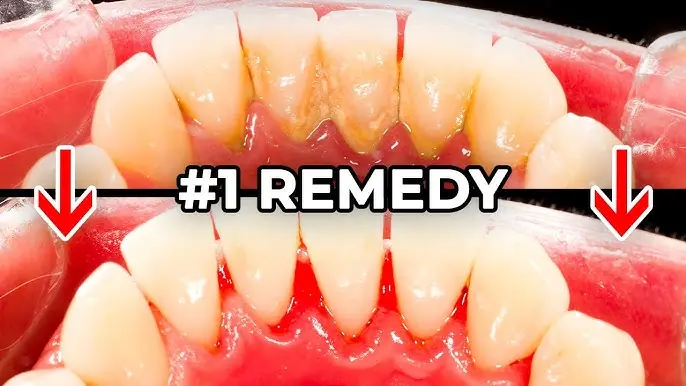
The #1 Most Effective Remedy for Dental Plaque (And How to Beat Tartar at Home)

JUST 1 CUP FLUSHES POUNDS OF TOXIC WASTE
News Post

The Powerful Health Benefits of Papaya Seeds: Why You Should Include Them in Your Diet

The Wonderful Hazel Tree (Corylus avellana): Nutrition, Healing, and Traditional Uses of Every Part

Boiling a Whole Avocado: The Secret to Softness, Nutrition, and a Delicious Baked Recipe

The Hidden Healing Power of Papaya Leaves

Sugar Apple (Annona squamosa): A Sweet Fruit with Powerful Health Benefits

If you find a centipede at home, here is what it means...

Why We Feel That Little Electric Sh0ck When We Touch Another Person—Science Explains

If a Man Doesn’t Appreciate You, Here’s What You Should Do
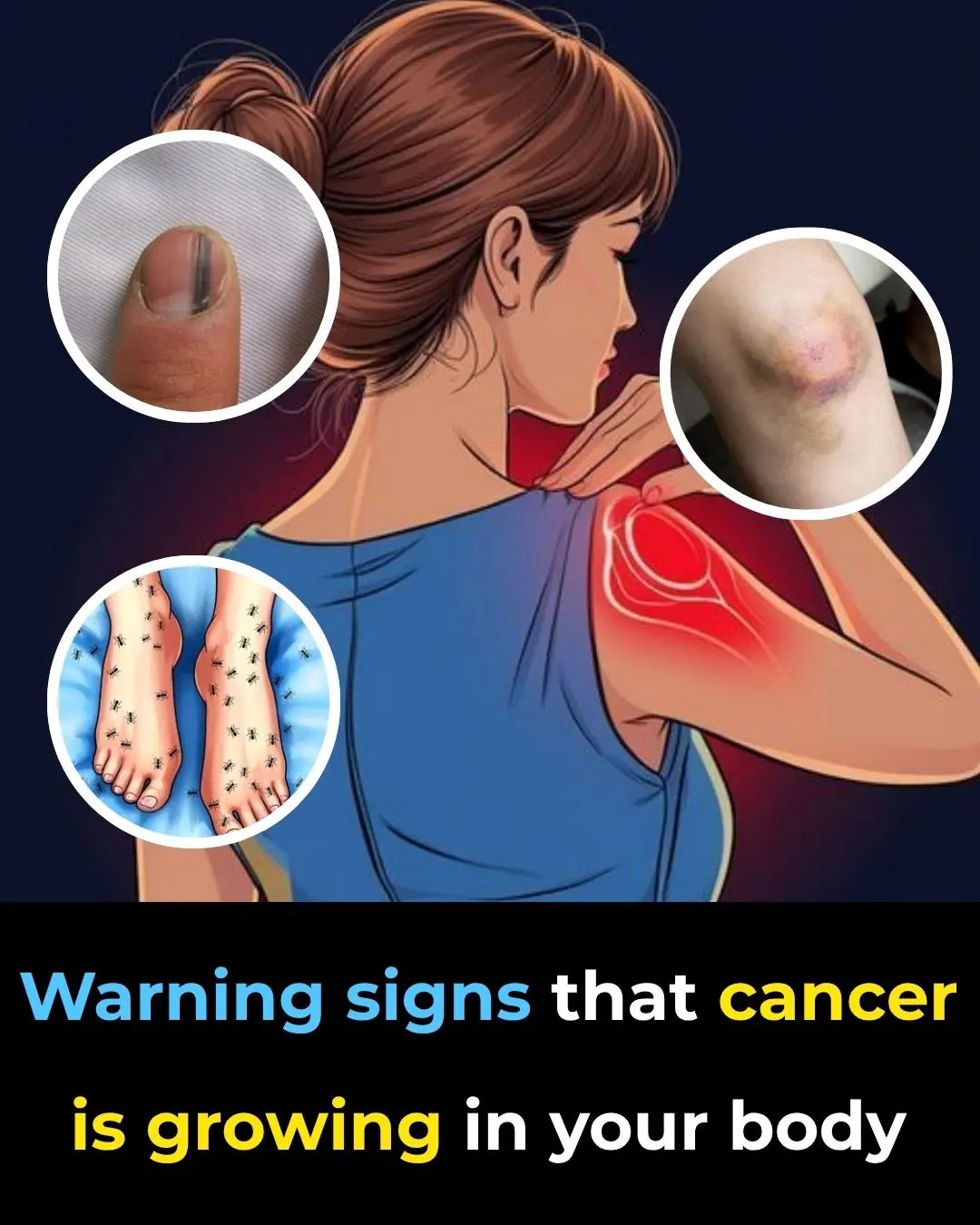
25 Worrying Signs Your Body Is Trying to Warn You of Serious Health Problems (and What to Do About Them)

The Hidden Power of Lactuca serriola Root (Prickly Lettuce Root)

Why You Should Stop Waking Up to Urinate

4 types of vegetables are full of parasites but many people still eat them raw every day

Hidden Dangers in Your Mouth: Early Signs of Oral Cancer

Maple Trees from Root to Crown: A Complete Guide to Every Edible Part

7 Signs of Arthritis You Shouldn't Ignore

California Poppy: Nature’s Gentle Remedy for Relaxation and More

What is its purpose. see details

When a woman stops loving a man, she begins…

5 hygiene mistakes that many people make... but no one dares to talk about...
